In the chemical industry, knowing which chemicals are the most corrosive is crucial for safe production and equipment maintenance. This article will delve into the question of "which chemicals are the most corrosive", analyze several highly Corrosive Chemicals and their characteristics, and help you better master the relevant knowledge.
1. Hydrofluoric Acid
Hydrofluoric acid is one of the most well-known highly corrosive chemicals. It not only dissolves glass, but also attacks almost all metals. The corrosiveness of Hydrofluoric Acid comes from the extremely high activity of fluoride ions (F⁻), which are able to break the chemical bonds of silicate materials, resulting in the decomposition of glass and many minerals. Hydrofluoric acid is extremely corrosive to skin and human tissue, and contact can cause severe chemical burns and even have destructive effects on bones.
2. Sulfuric Acid
Sulfuric acid is a common but extremely corrosive chemical that is widely used in industrial production. Concentrated Sulfuric Acid can quickly absorb water and strongly dehydrate organic matter, which makes it very corrosive to most organic materials. Sulfuric acid can also react with many metals to produce hydrogen and metal salts, further accelerating the corrosion process. Sulfuric acid is particularly corrosive to equipment at high temperatures, so special protection should be taken when using it.
3. Chlorine Gas
Chlorine is a yellow-green poisonous gas at room temperature and pressure, and is extremely corrosive. Chlorine can react with water to produce hydrochloric acid and hypochlorous acid, both of which are highly corrosive substances, especially hydrochloric acid, which has a strong corrosive effect on metals. Chlorine can also directly react with many metals to produce metal chlorides, thereby aggravating the corrosion damage of equipment. In Chemical Production, the leakage of Chlorine is a major safety hazard, and strict protective measures must be taken.
4. Nitric Acid
Nitric acid is another very corrosive chemical, especially in concentrated form. It is a strong oxidizing agent and reacts with most metals to form nitrates and release toxic nitrogen dioxide gas. Nitric acid also attacks many organic materials, especially proteins and carbohydrates, making it extremely corrosive to biological tissues. Nitric acid can cause violent chemical reactions when in contact with certain substances, creating a risk of explosion.
5. Sodium Hydroxide
Although Sodium Hydroxide is an alkali, its corrosiveness should not be underestimated. It can strongly corrode metals, especially aluminum and zinc, and can also decompose many organic substances such as proteins and fats, causing severe chemical burns. Sodium hydroxide also has a certain corrosive effect on glass and ceramics in high concentrations, so special alkali-resistant materials are needed for storage and handling.
Summary
For the question of "which chemical is the most corrosive", we can see that hydrofluoric acid, sulfuric acid, chlorine, Nitric Acid and sodium hydroxide are all extremely corrosive chemicals. Their respective corrosion mechanisms and targets are different, but the common point is that they have potential huge harm to the human body, equipment and environment. In the process of chemical production and processing, strict protective measures must be taken to avoid safety accidents caused by corrosive chemicals.
- Random Content
- Hot content
- Hot review content
- Toxicity Assessment of Sodium Cyanide and Relevant Hazard Prevention Measures
- Booster(Detonating insensitive explosives)
- Plastic Shock Tube(VOD≧1600m/s)
- 99.5% min Ammonium Chloride For Industrial Use
- calcium chloride anhydrous for food
- Phosphoric Acid 85% (Food grade)
- Gold Ore Dressing Agent Safe Gold Extracting Agent Replace Sodium Cyanide
- 1Discounted Sodium Cyanide (CAS: 143-33-9) for Mining - High Quality & Competitive Pricing
- 2Sodium Cyanide 98% CAS 143-33-9 gold dressing agent Essential for Mining and Chemical Industries
- 3Sodium Cyanide 98%+ CAS 143-33-9
- 4Anhydrous Oxalic acid 99.6% Industrial Grade
- 5Oxalic acid for mining 99.6%
- 6Soda Ash Dense / Light 99.2% Sodium Carbonate Washing Soda
- 7Reagent Grade/Industrial Grade Hydrochloric Acid min.31%
- 1Sodium Cyanide 98% CAS 143-33-9 gold dressing agent Essential for Mining and Chemical Industries
- 2High Quality 99% Purity of Cyanuric chloride ISO 9001:2005 REACH Verified Producer
- 3 High-Quality Sodium Cyanide for Leaching
- 4Powdery emulsion explosive
- 5Industry Grade Electron grade 98% Sulfuric Acid H2SO4 Sulphuric Acid Battery Acid Industrial Sulfuric Acid
- 6Colloidal emulsion explosive
- 7sodium hydrosulfide 70% flakes used Mining Industry

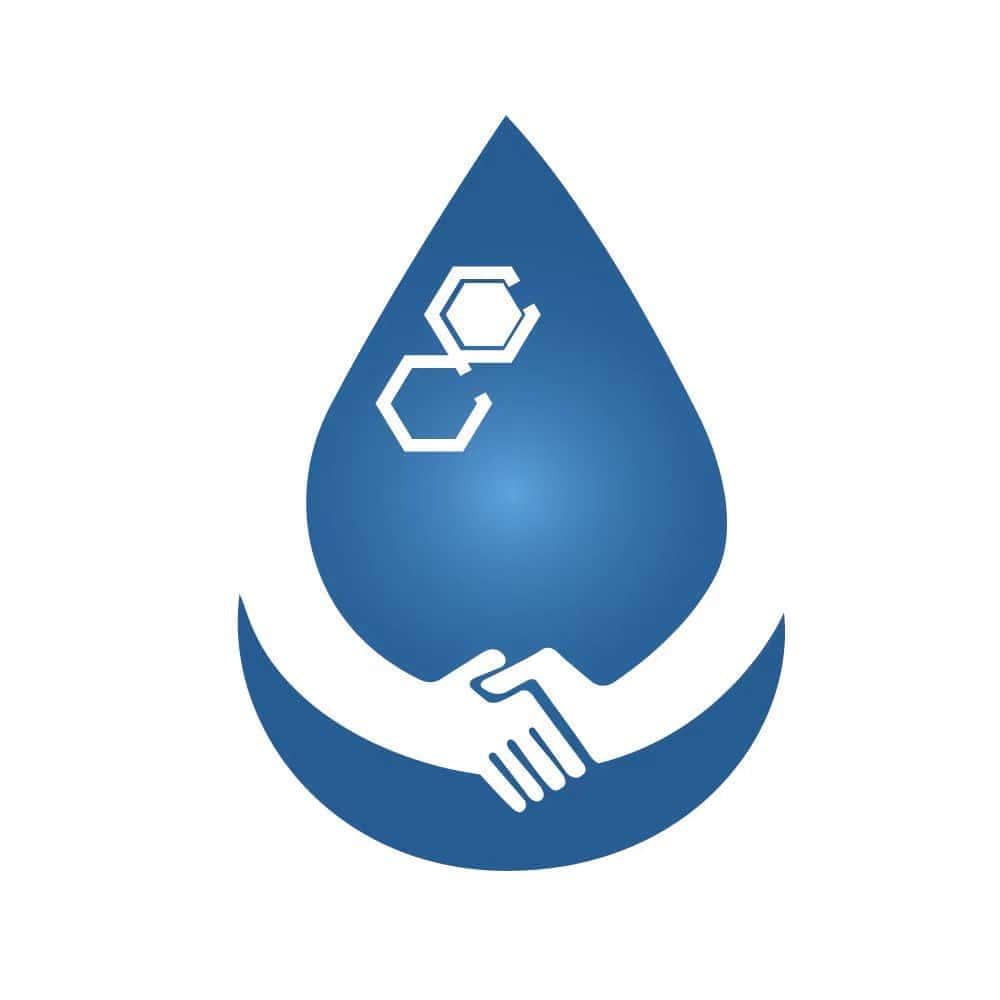
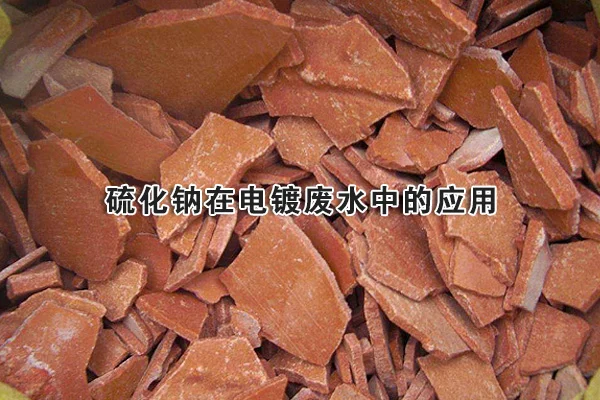
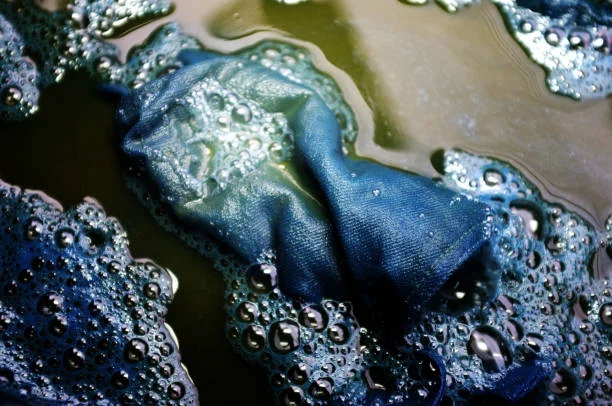
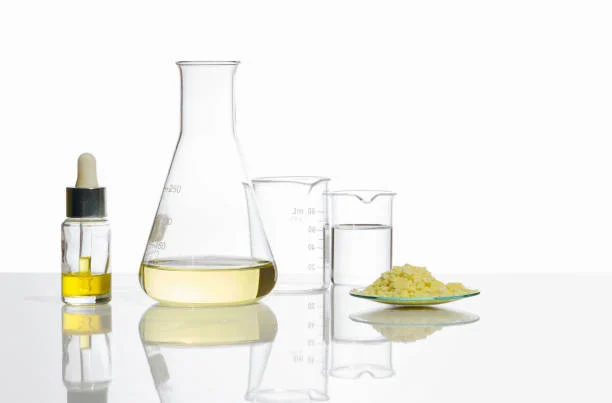
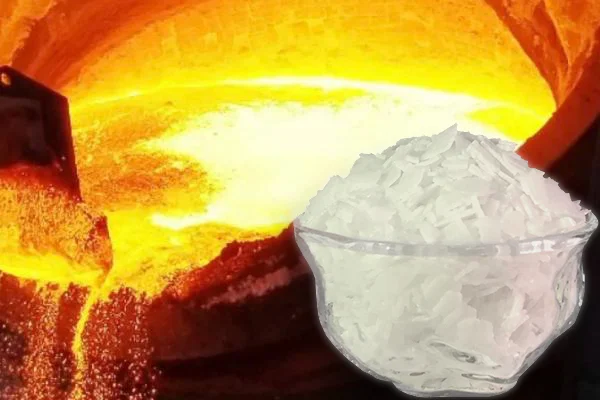
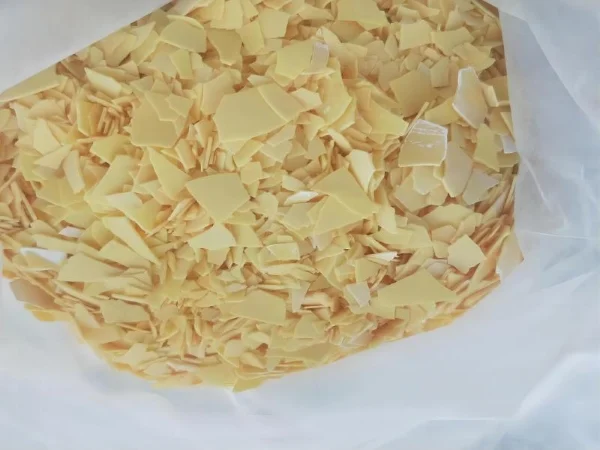
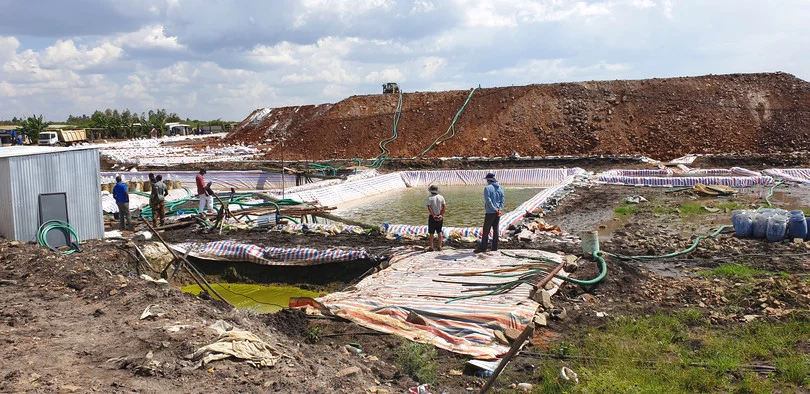
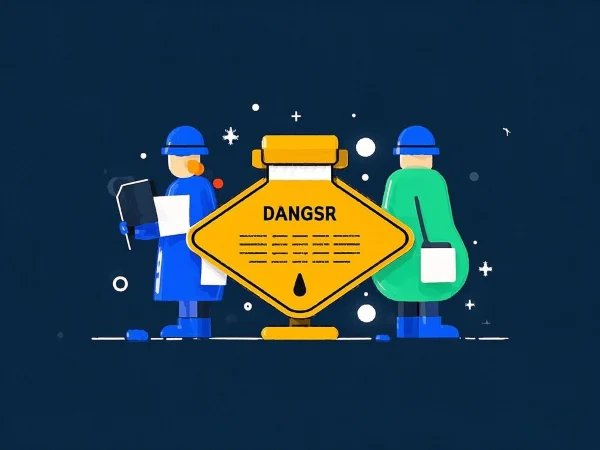
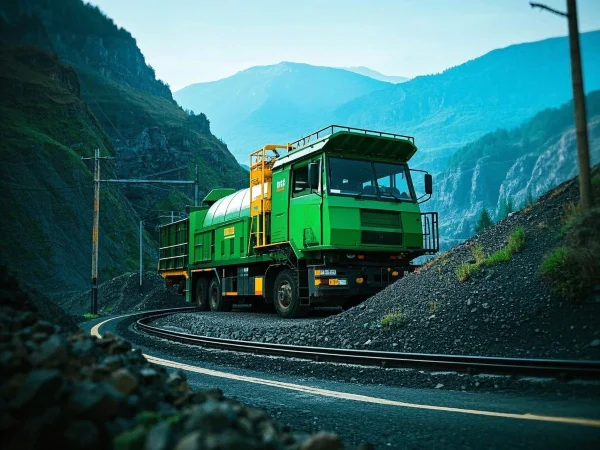


Online message consultation
Add comment: